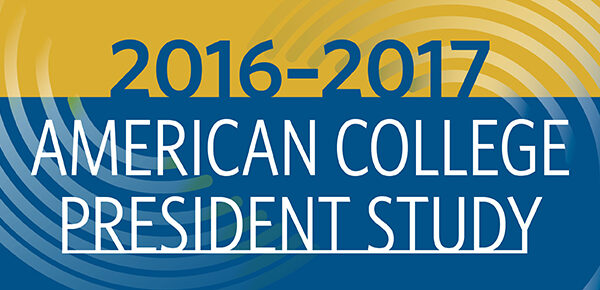Study Demonstrates the Return on Investment of Enrolling in a Public Four-Year College in Georgia
Title: Does Enrolling in a Public Four-Year College Pay Off for Georgia Students?
Authors: Jonathan Smith, Joshua Goodman, and Michael Hurwitz
Source: National Bureau of Economic Research
A new study from the National Bureau of Economic Research examines how enrolling at a public four-year university impacts degree attainment and income earning outcomes among Georgia students. This study uses data for Georgia high school seniors between 2004 and 2008, who first took the SAT during their senior year. The authors compared students who were otherwise demographically and academically identical, but who scored just above or below minimum SAT and ACT admissions requirements for public four-year institutions in the University System of Georgia.
The study findings suggest notable differences in outcomes for students who scored just below and above admissibility score cutoffs. Specifically, compared to their peers directly below the cutoff, students who achieved minimum score requirements and enrolled in a four-year institution were 38 percent more likely to complete a bachelor’s degree. This is particularly notable as only 10 percent of students who scored below the cutoff went on to earn a bachelor’s degree. Additionally, students who scored above the cutoff had household incomes around 20 percent higher than their peers by age 30. Notably, the effect was pronounced for students from low-income high schools who experienced a 40 percent increase in household income when compared with their peers.
The authors’ findings suggest that, over time, four-year college enrollment provides both private and public benefits for both students and the state in the form of higher degree completion rates, increased income earnings for students which will lead to increased tax revenues for the state.
The full working paper is located behind a paywall but can be found here[1]. A policy brief which accompanies the paper here.
—Charles Sanchez
[1] The ungated version of the paper was posted on social media by one of the authors, Jonathan Smith.
If you have any questions or comments about this blog post, please contact us.


